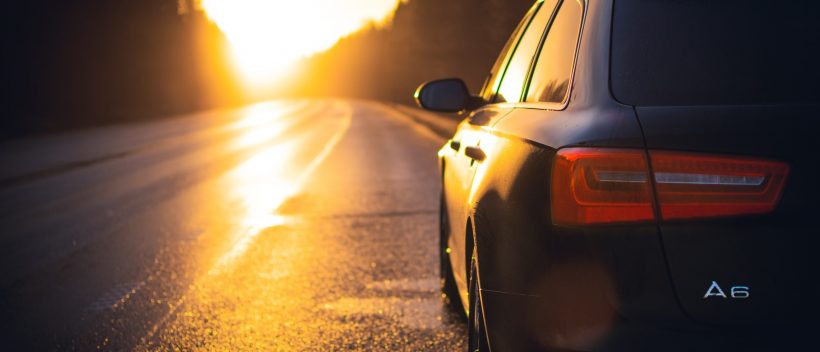Residents in the UK could decide to lease a car in the Netherlands, as it aids flexibility and convenience. If you live in the UK and do not want to go through the stress of taking your car back and forth, you could get a private lease in the Netherlands that would enable you to use a car without the hassle. Especially with the 4 simple steps from XLEasy.
Some of the Pros of leasing a car include:
- Lower monthly payments than an auto loan
- Lower operating costs
- Lower sales tax
- Zero insurance costs
- Lower monthly expense
- Protected by a warranty
- Experience the excitement that comes with driving a new car over a period of time
- No burden to trade or sell your car later
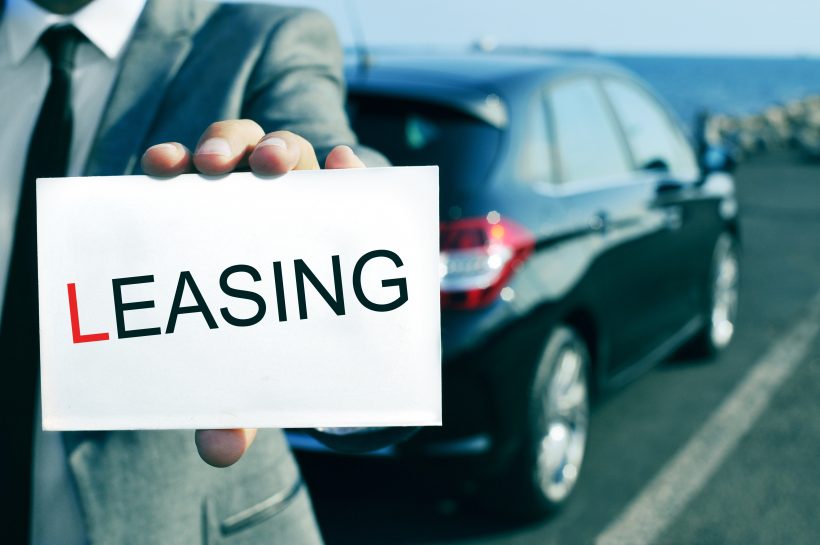
How Does Private Lease Work in the Netherlands?
Car leasing is similar to a long-term rental, where you have an agreement to pay for the use of a car over a period of time. With this agreement, you can drive a new car for less than you would for an auto purchase loan for the same car. During this period, you are only allowed a specific amount of miles as agreed in the contract. Exceeding the miles agreed upon would yield in additional payments at the end of the lease.
After the agreement, you will get a new car that will be available to you 24 hours a day and you pay a fixed amount monthly. This means you don’t necessarily have to take a loan or save up. Once you are ready, you will get your new car and commit to monthly payments according to the agreement.
Lease contracts are as long as 4-5 years, although some companies offer short leases for about a year or two. While this is a great way to use a car without spending a lot or taking a loan, the difference is that once the contract ends, the car must be returned.
Things to Know Before Leasing a Car in The Netherlands
1. Have a Driver’s License
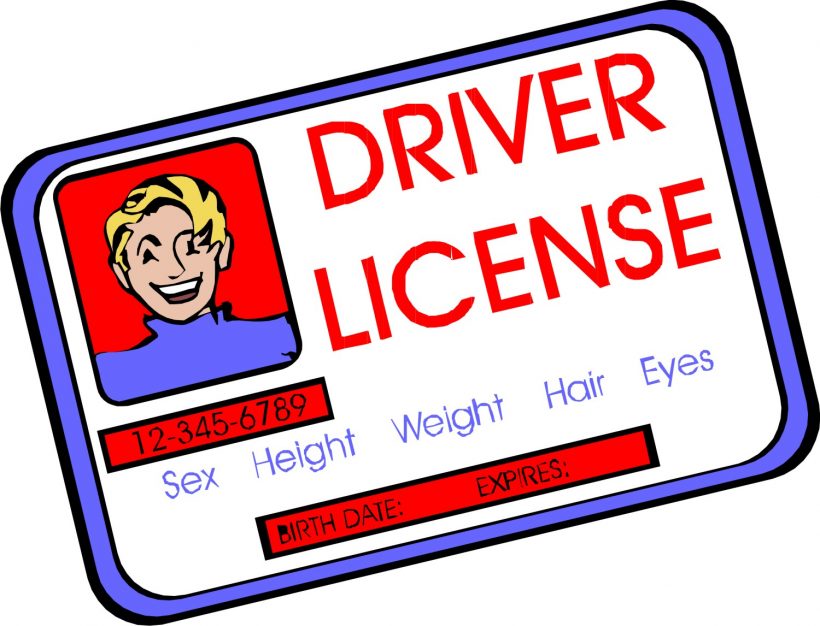
Everyone knows a driver’s license is the most important piece of documentation to have when you drive a car and that’s not an exception in the Netherlands. The Netherlands, however, requires the EU/EFTA license which is valid for 10 years and can be used in all EU countries. If you had the EU/EFTA before arriving in the Netherlands, then you are all set. If you didn’t, you will be required to take a driving test which should ideally come after some driving lessons if you never had any.
However, if you have a non-EU license, you could exchange it for a Dutch one, which must happen within 6 months upon your arrival. To get the exchange, make an appointment with your local Stadhuis to update your proof of residency. Then get your documents together, which should include your non-EU license, recent passport photo, and certificate of Medical Fitness and send them to the Driving Test Organisation. Once that is done appropriately, you will get your Dutch license.
If you are 18 years old or more and you have a valid EU/EFTA license, you can drive anywhere in the Netherlands.
2. Do Your Research on the Car
Before getting a private lease on a car, do your research. This will help you know how reliable it is, if it was properly taken care of and if the price would fit your budget. Consider this as an investment and do all you can to make the right choice. The research should include asking questions that cover vital things such as the car’s residual value, lease specials, the number of miles included in the lease and the money factor. Know what the warranties cover and if it is possible to transfer the lease later. Knowing all these will contribute to helping you make the right decision.
3. Know What’s Covered in the Lease Agreement
Car leasing agreements in the Netherlands generally includes the maintenance and repairs, cost of road tax, insurance, APK, and more, which would be tailored according to the model of the car and the preference of the lessor. Some other specific things to look out for include:
- The financial agreement, which must contain the amount due at signing, monthly payments, purchase options, and early termination fees.
- Restrictions, including mileage charges, maintenance, and excessive wear.
4. The Risks Involved
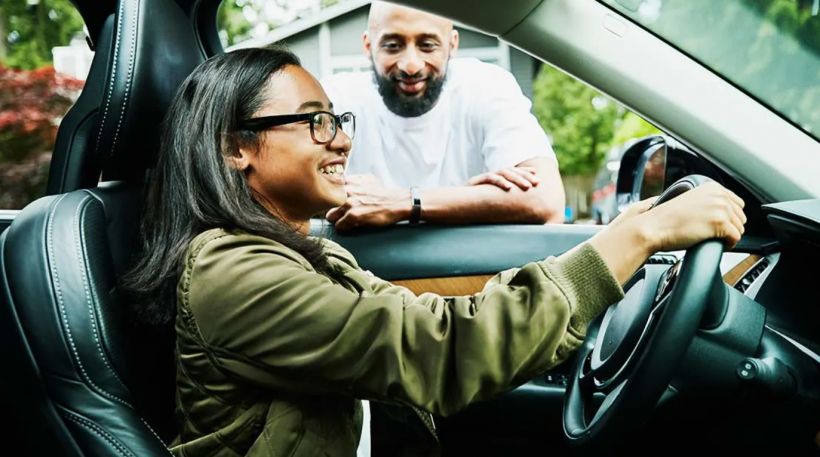
Leasing a car is different from buying one. While you get to own a car with either option, you will be required to follow some rules with a lease agreement. It is basically a rental, so you must ensure to treat the car carefully and follow maintenance requirements. Failure to do so might result in being charged extra fees. Remember you are also responsible for paying for any damage that occurs during the time of this lease. Other additional fees include lease drive-off fees and fees when turning in the car, all of which must be in the lease agreement.
5. Who to Contact
If at any point, during or after the lease, you have a complaint, you can contact your local ECC. The Netherlands also have the dispute resolution body known as Geschillencommissie Voertuigen (Postbus 90600, 2509 LP Den Haag) that deals with claims regarding the purchase of new cars or second-hand cars with some conditions attached. Cases of fraud should be reported to the fraud helpdesk or to the local police by phone or by filling a form.
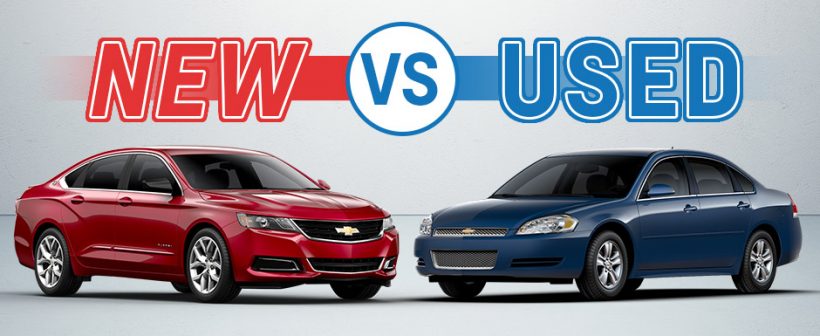
Conclusion
Above all, ensure you do your research as necessary and get all the required info from the lessor. This includes the contract of sale or an invoice, the registration certificate, a European Certificate of Conformity, and a NAP document indicating the mileage of the car. You can also take extra precautions by getting an expert to test the car before you sign the agreement.
With a private lease contract, you can get any car of your choice at an affordable price. Whether or not you live in the Netherlands, you can lease a car for use over a period of time, with all conditions met.

